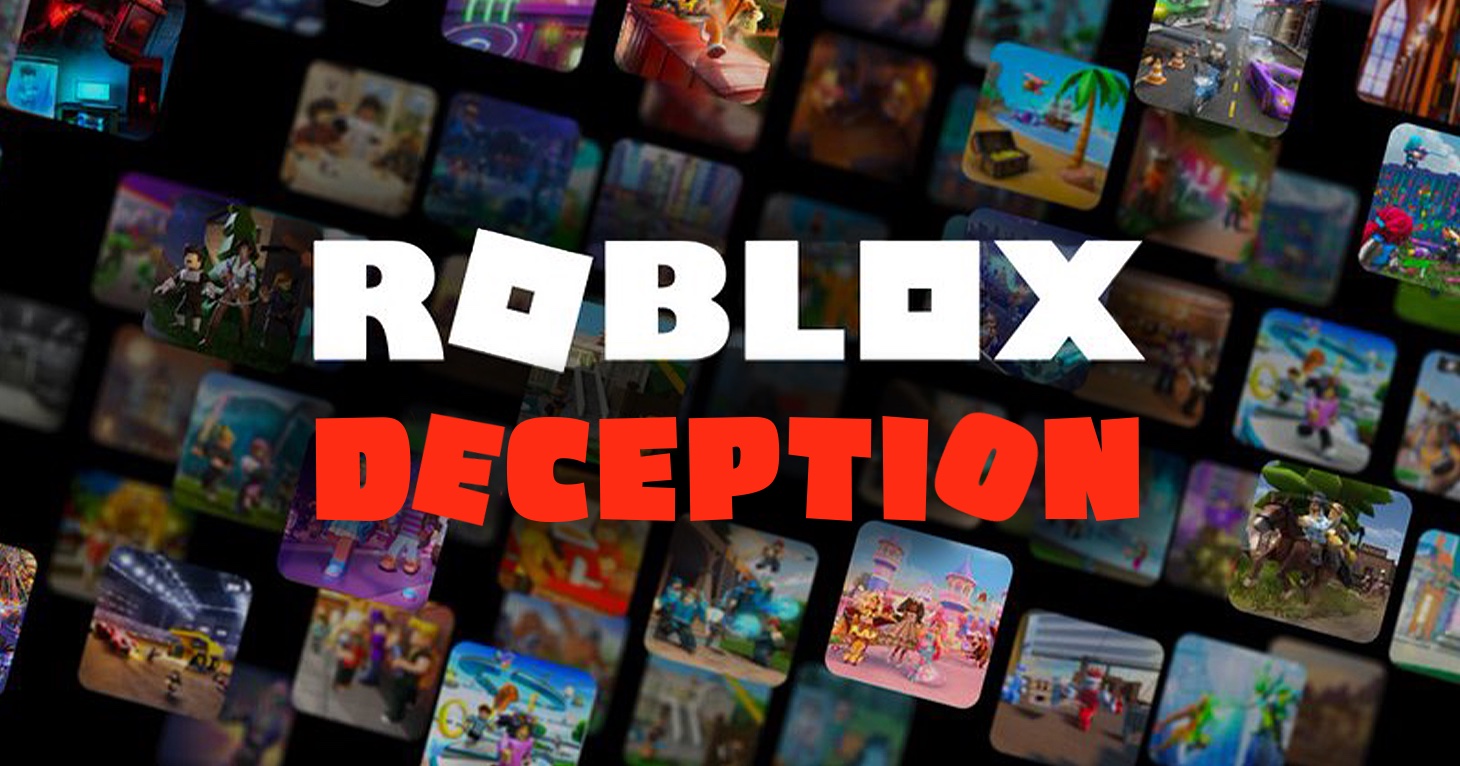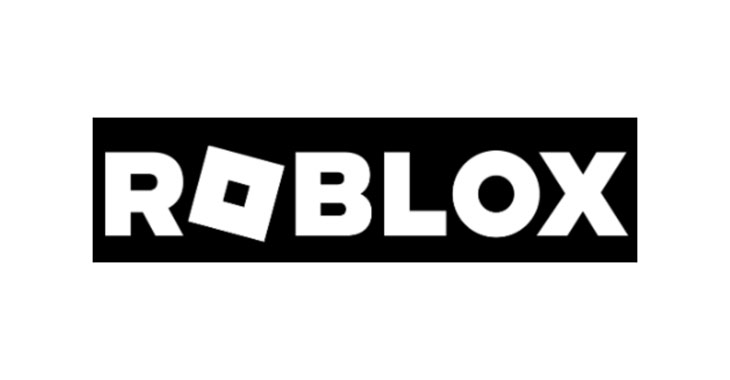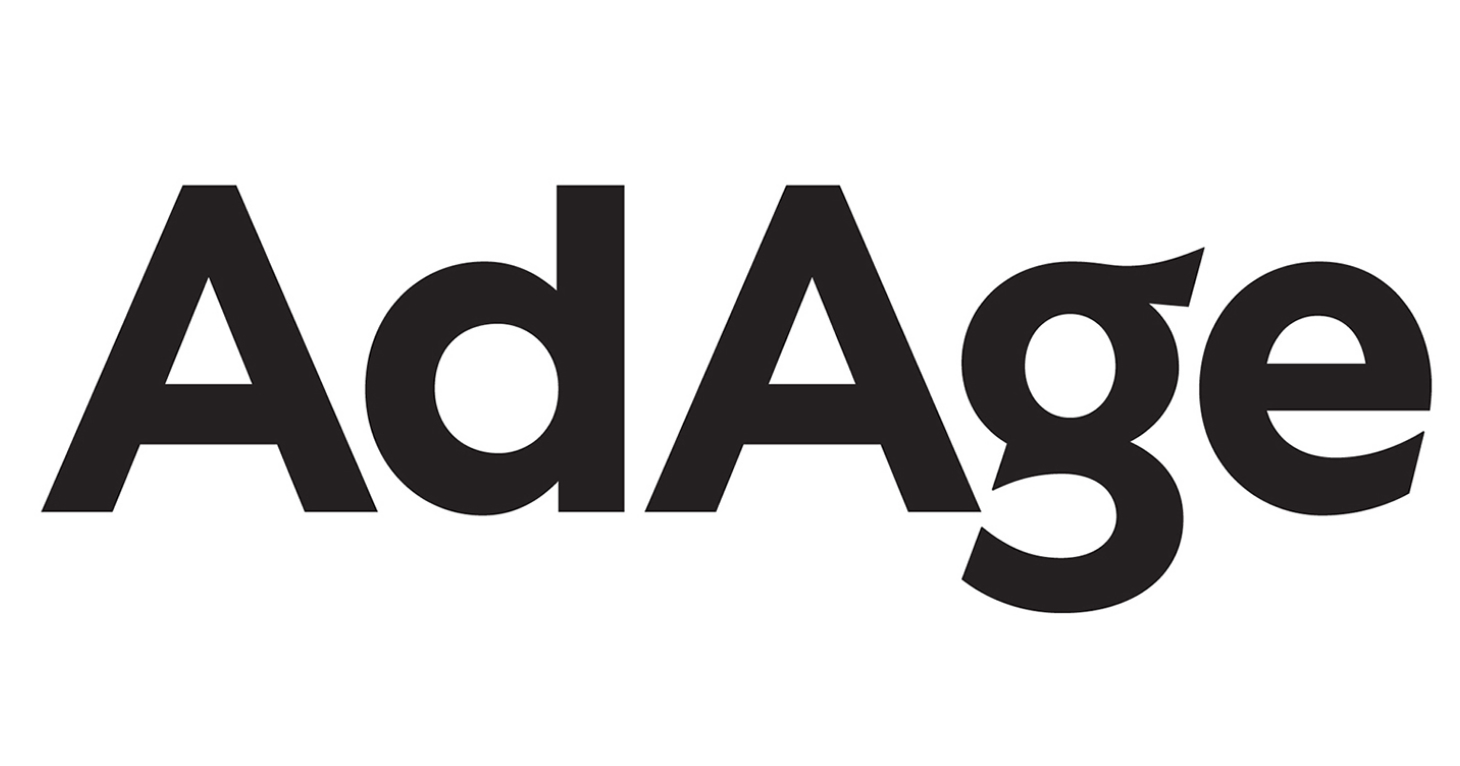
Roblox
TINA.org found metaverse gaming platform rife with deceptive marketing.
Colvin et al. v. Roblox Corp. et al.
23-cv-4146, N.D. Cal.
(Aug. 2023)
Roblox
Falsely representing that its platform and digital currency (i.e., Robux) are safe and that experiences that simulate gambling are not allowed on the platform when Roblox allows users to link their Robux wallets to gambling websites, which then convert users’ Robux into credits that can be wagered in their virtual casinos
Pending
TINA.org found metaverse gaming platform rife with deceptive marketing.
Allegations: Falsely representing that Roblox is safe and educational and that users can make money on the platform
Allegations: Failing to disclose the risk of criminal and predative activity on its platform and misleading parents into thinking that Roblox protects children from inappropriate content
Allegations: Misleadingly representing that Roblox is free to play and failing to provide refunds to minors
Allegations: Advertising in-game content without warning consumers that the platform deletes purchased content and does not provide refunds or credits for the deletions
TINA.org submits comment in support of FTC’s proposal to ban fake celebrity endorsements, romance scams and other impersonation scams.
Why TINA.org supports FTC’s proposed changes to COPPA Rule but pushes for more.
Five deceptive ad trends to be wary of this year.
Class-action settlements that left consumers behind this year.
Asa Hiken, Adage





